On Nov. 1, 1890, Mississippi adopted a new constitution with a poll tax and arbitrary literacy tests for voting, sections designed to disenfranchise newly-franchised African Americans and some poor whites.
The new constitution was a nail in the coffin for Mississippi Reconstruction and a win for voter suppression. It brought an end to the period of democratic progress that followed the Civil War, when African Americans were the majority of eligible voters in Mississippi. (Learn more about the Reconstruction era.)
In Five Myths About Reconstruction, James Loewen explains that Mississippi set a precedent for the rest of the South. This was particularly true after the unanimous Supreme Court vote on April 25, 1898, upholding Mississippi’s claim that their constitution was not discriminatory in Williams v. Mississippi. “Every Southern state instituted literacy tests and poll taxes to effectively remove African Americans from the citizenship they were supposed to have been guaranteed by the 14th Amendment.” This can be seen in the state constitutions with similar voter-suppression statutes adopted by South Carolina (1895), Louisiana (1898), North Carolina (1900), Alabama (1901), Virginia (1901), Georgia (1908), Oklahoma (1910), and more.
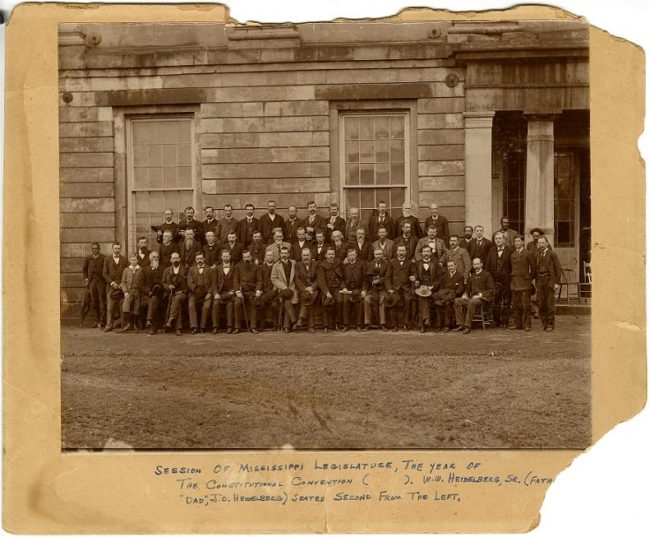
Session of Mississippi Legislature, 1890. Courtesy of the Mississippi Department of Archives and History.
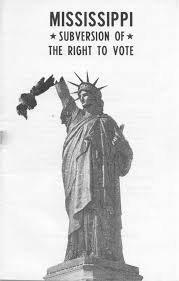 Learn more in the 1964 booklet from the Student Nonviolent Coordinating Committee (SNCC) called “Mississippi Subversion of the Right to Vote,” a primary document with history and photos from crmvet.org.
Learn more in the 1964 booklet from the Student Nonviolent Coordinating Committee (SNCC) called “Mississippi Subversion of the Right to Vote,” a primary document with history and photos from crmvet.org.
Voter suppression remains an issue in the 21st century. Laws passed in the 1960s to put a check on states with a history of racist voting restrictions, like Mississippi’s 1890 constitution, were rolled back in this decade by the Supreme Court and the Department of Justice. Activists, including faith leaders and students, continue to fight for the right of all U.S. residents to vote in state and federal elections.
Find related lessons and other resources below to bring this history to the classroom.

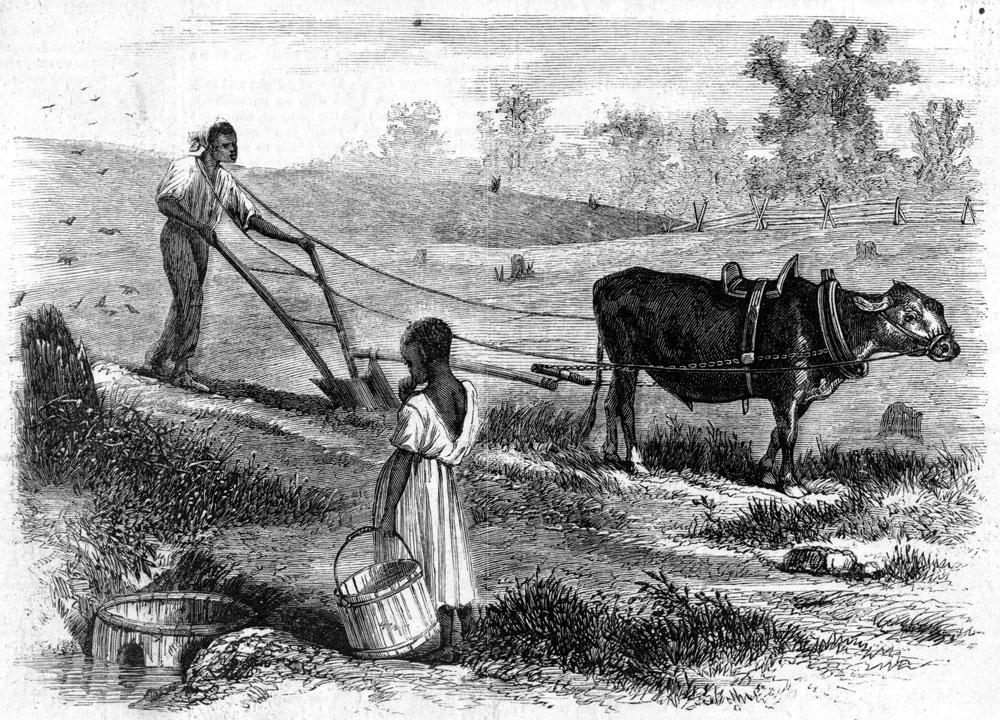
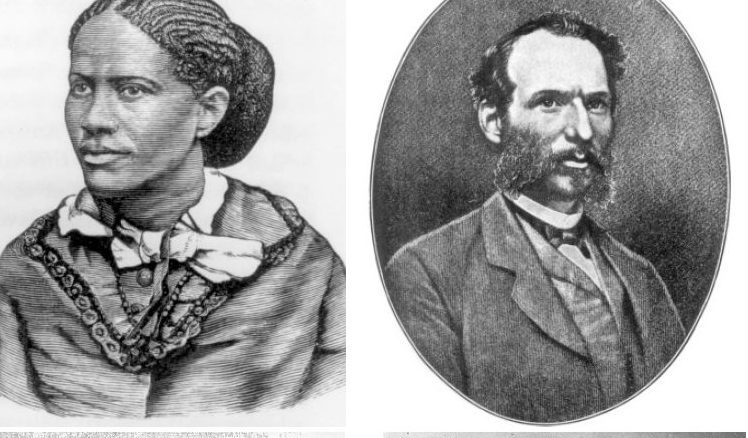
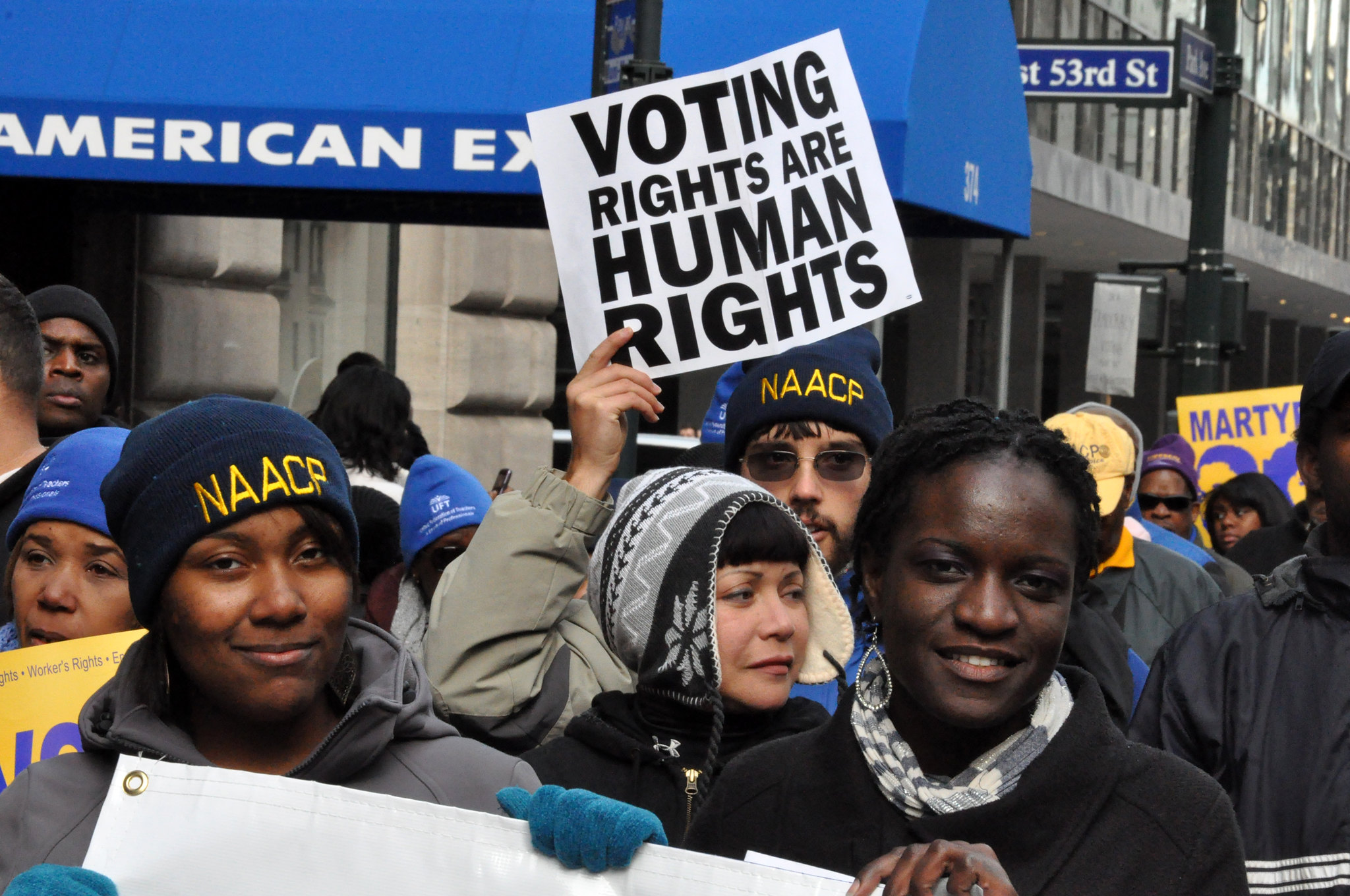
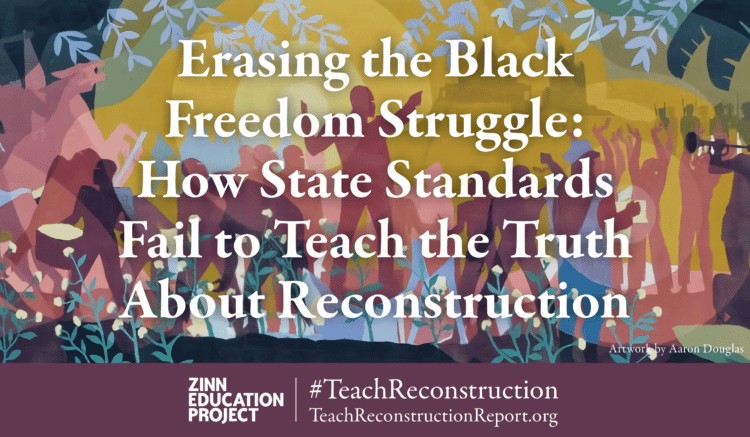
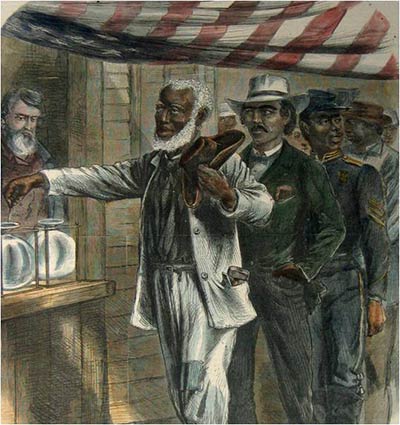
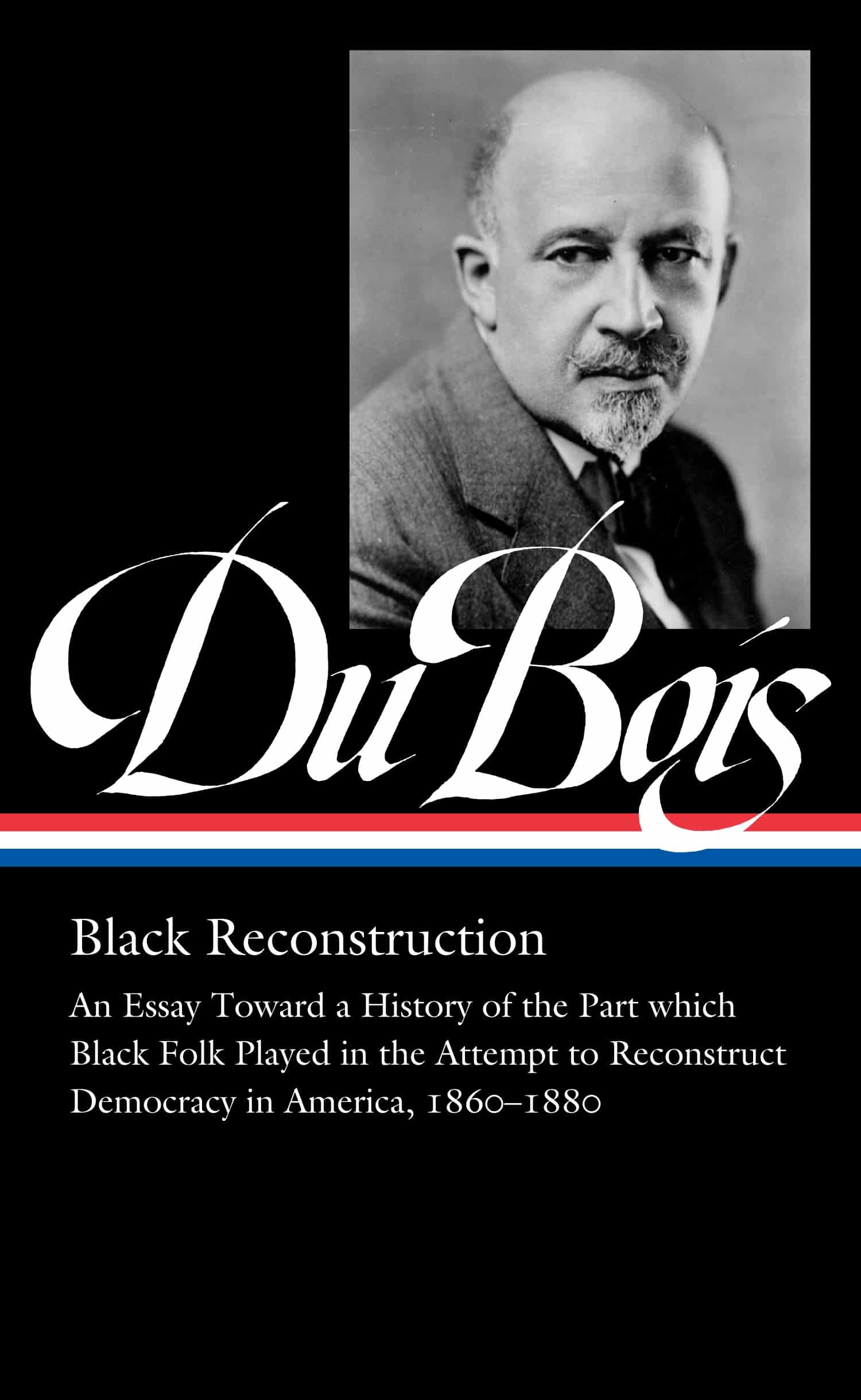

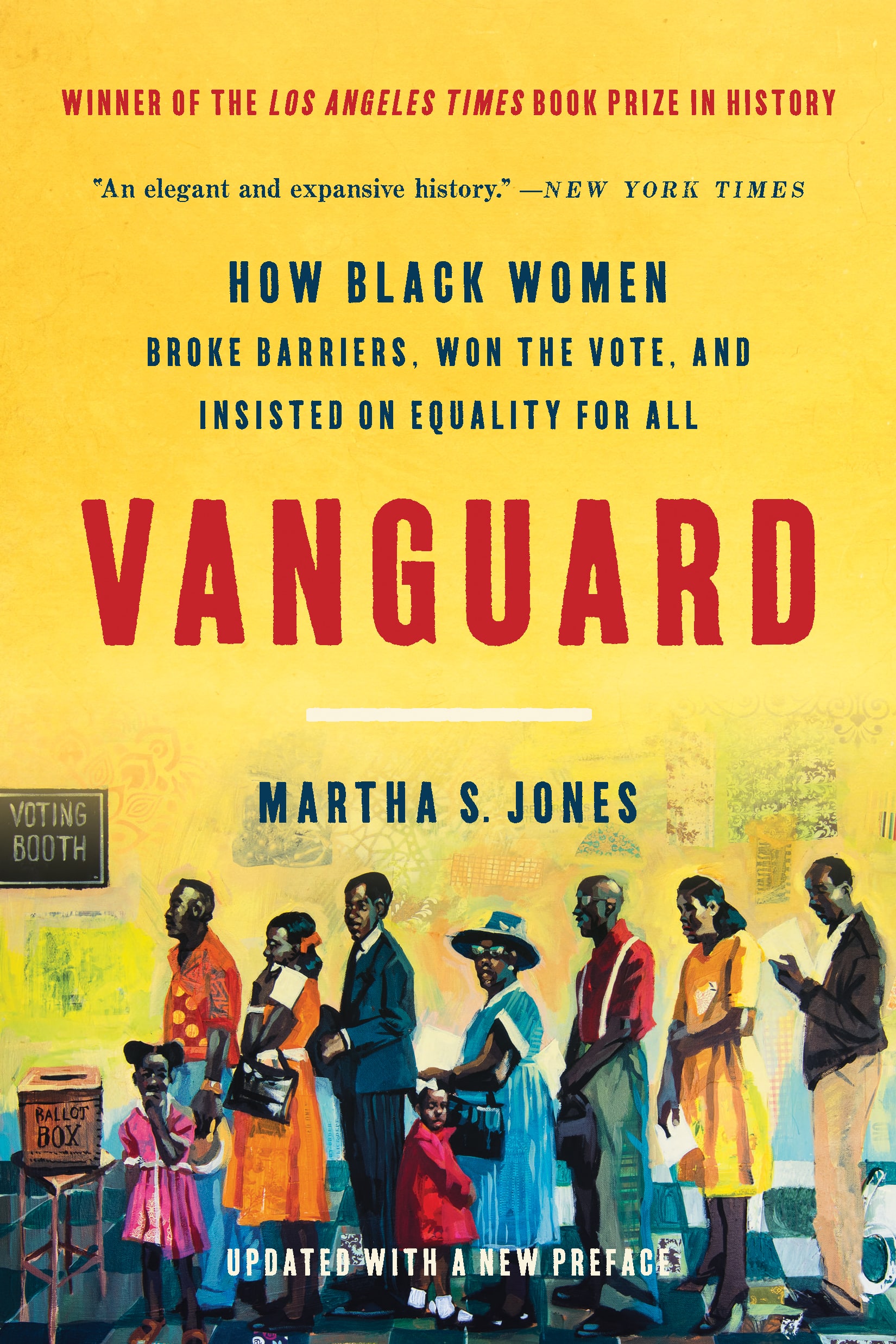
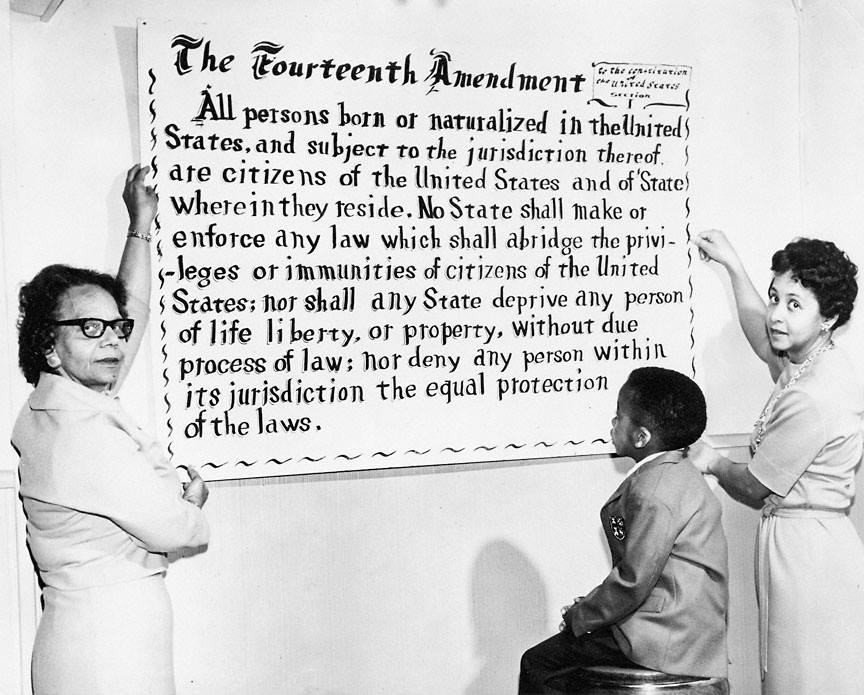
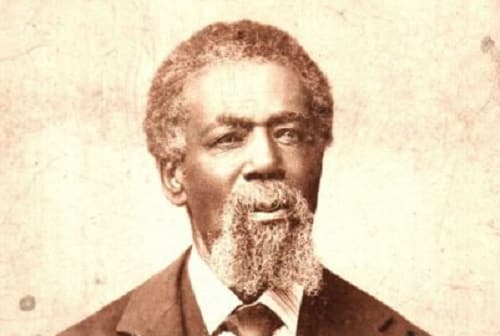
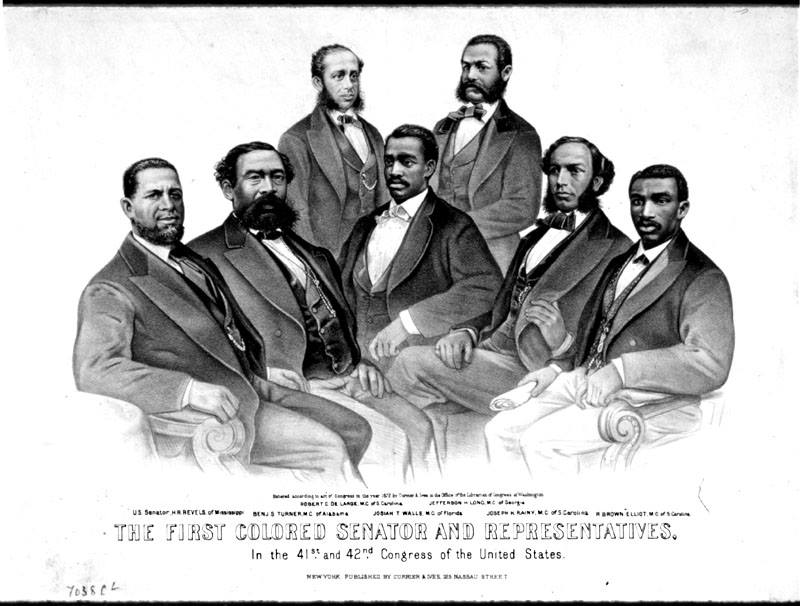
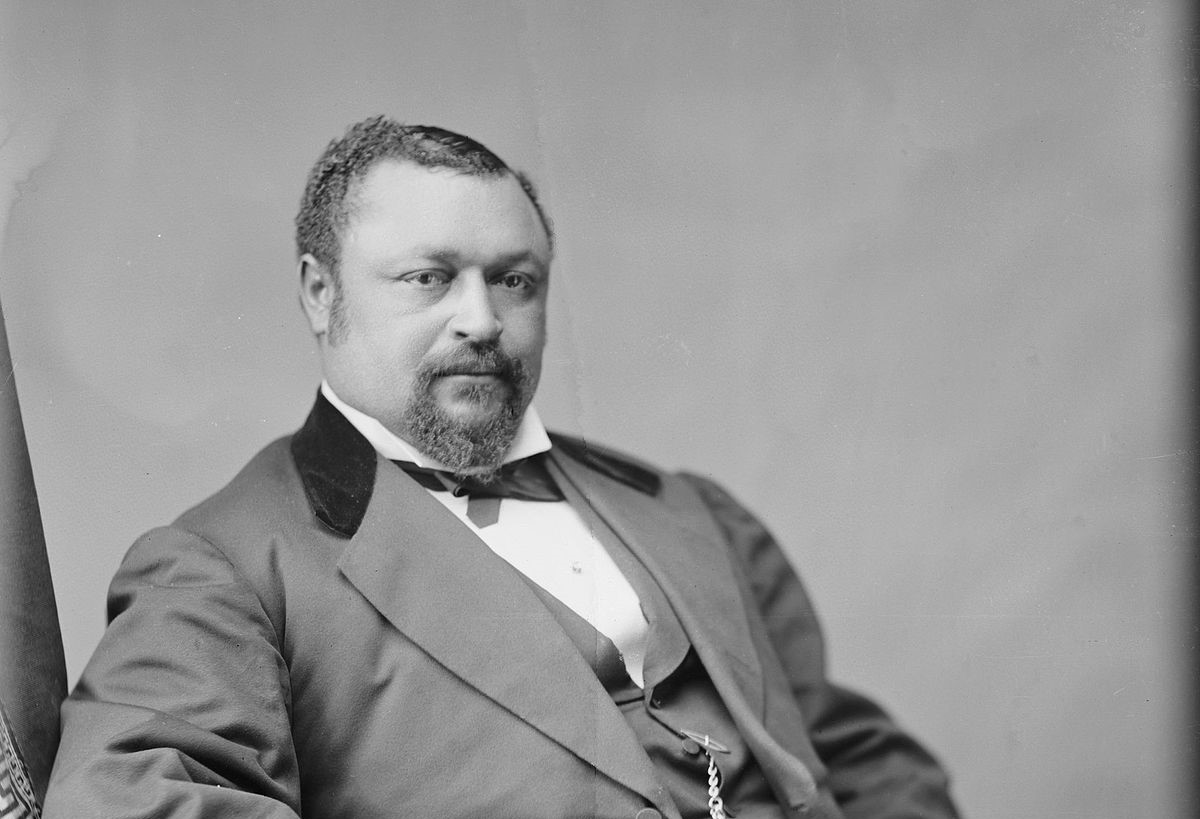
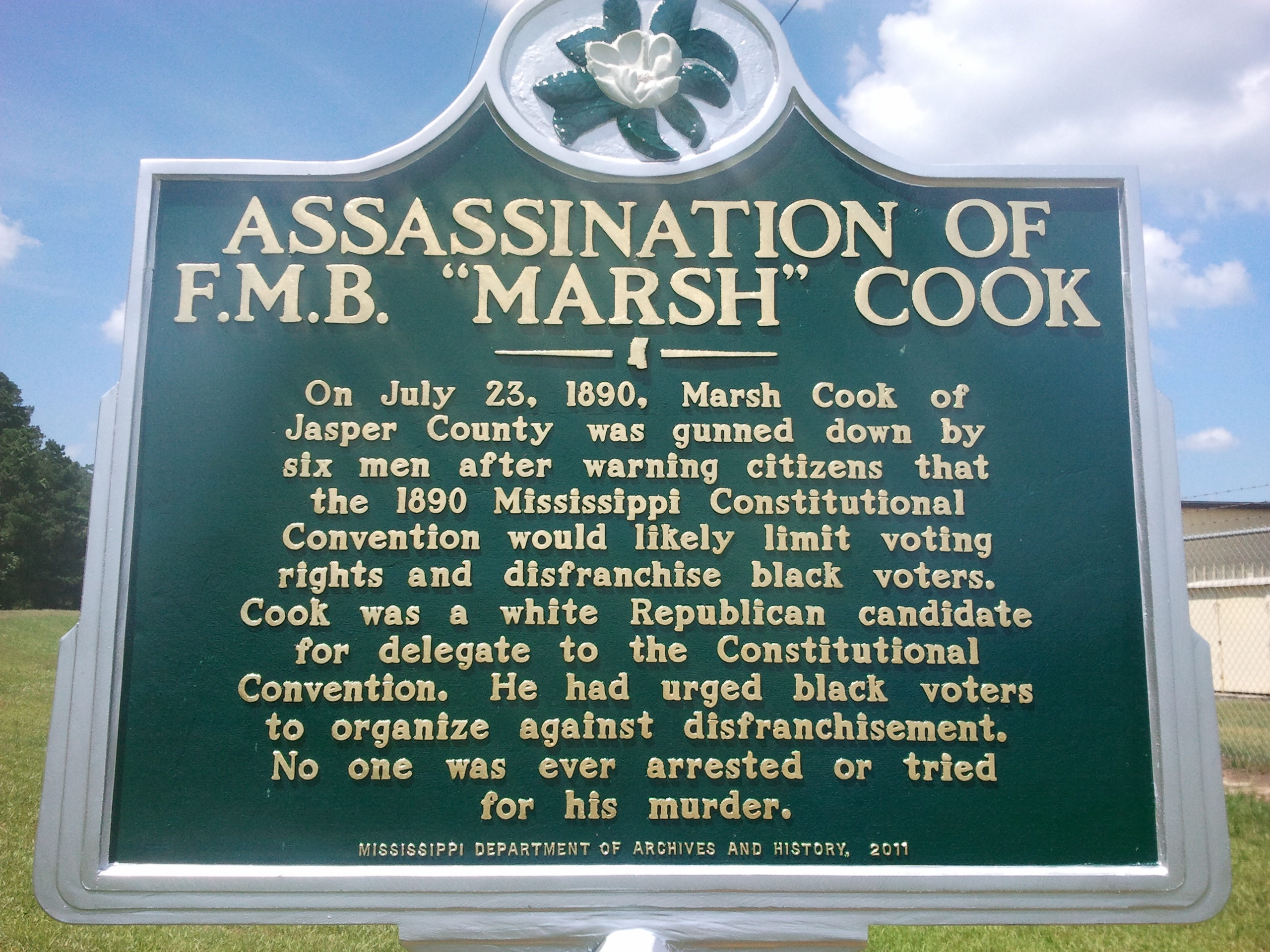
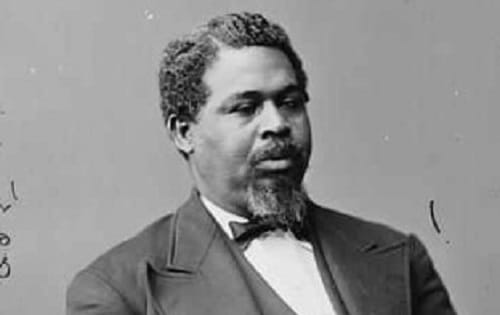





Twitter
Google plus
LinkedIn